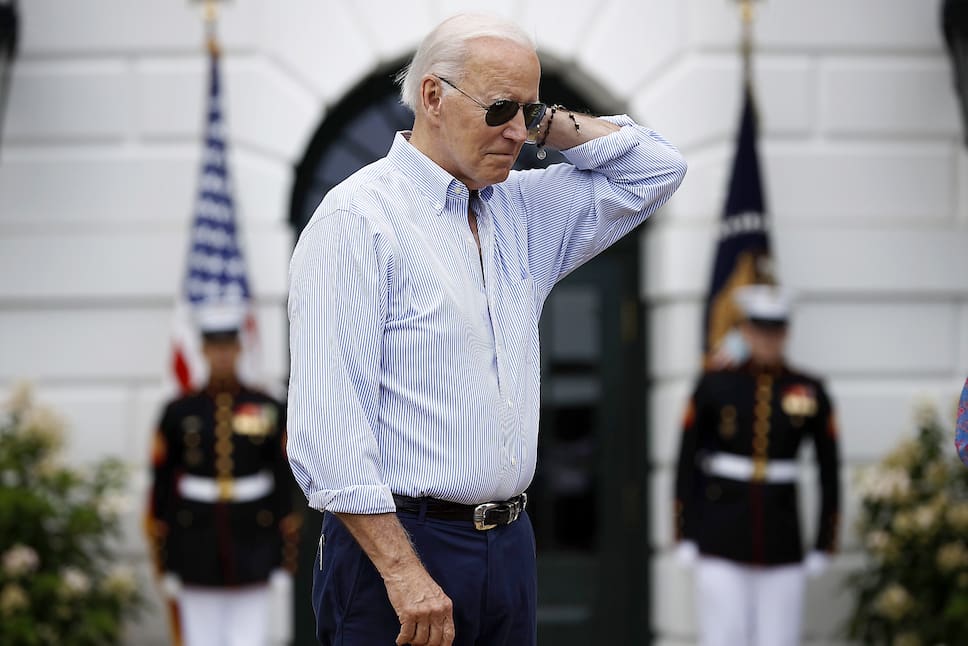
Foreign Media Exposes US Proxy War Program
Secret Programs Exposed
The Intercept cited exclusive documents and interviews with senior Pentagon officials, revealing that in recent years, the U.S. military has been secretly authorized to wage proxy wars abroad through 127e.
The program is primarily active in the Middle East and Asia-Pacific regions. Foreign media previously reported on the United States' conducting 127e operations in multiple African countries. Documents recently obtained by The Intercept provided the first official confirmation that the U.S. is carrying out 127e operations in the Middle East and Asia-Pacific. According to the report, from 2017 to 2020, the U.S. spent $310 million on the 127e program, waging at least 23 proxy wars worldwide, 14 of which were confirmed to be in the Middle East and Asia-Pacific. Joseph Votel, former commander of the U.S. Central Command, said the U.S. has carried out 127e operations in Egypt, Lebanon, Syria and Yemen. An anonymous former senior U.S. Pentagon official attested that the U.S. had conducted 127e operations in Iraq. The documents also revealed that the U.S. is carrying out 127e operations in Tunisia. The American press previously reported that the U.S. has a long record of assisting the Egyptian and Lebanese armies, but using their troops as U.S. proxy forces is an important new development in Washington's relations with these two Arab countries.
Every aspect of the 127e program deserves to be condemned. According to a disclosure by a senior U.S. Pentagon official, under secret authorization, the U.S. has been using foreign troops and private contractors to carry out 127e operations in the name of counterterrorism. The U.S. provides them with weapons, training and intelligence. The Intercept emphasized that, unlike traditional foreign assistance programs aimed at improving local military capability, the partners of the 127e program are assigned to perform special missions directed by the U.S., targeting "U.S. enemies" in order to achieve U.S. aims. Retired U.S. generals familiar with the 127e program said that it is highly effective at combating foreign armed groups while minimizing risks to U.S. personnel.
Condemning the Hidden Dangers
The revelation of the U.S. military's secret proxy wars program was a bombshell, rocking public opinion and drawing widespread attention and condemnation from around the world.
First, the program has been condemned for lack of transparency. To date, the Pentagon and U.S. Special Operations Command have declined to comment on the 127e program. A U.S. government official familiar with the program told The Intercept that only a handful of lawmakers on the congressional Armed Services and Intelligence Committees had seen the 127e report, and other members of Congress didn't even know the program existed. According to reports, the first time the 127e program faced strict scrutiny was when the radical Islamic State group's armed militants killed four special forces soldiers in an ambush in Niger in 2017. Many senior senators claimed they knew almost nothing of U.S. operations there.
Second, the program has been condemned for insufficient supervision and accountability. There are those in the U.S. insisting that the use of classified authorization to wage proxy wars raises serious accountability and oversight issues and likely violates the Constitution. According to The Intercept, a key distinguishing feature of the 127e program is that its personnel can enter areas that even elite U.S. troops cannot, and there are oversight concerns regarding these activities. The article also pointed out that the criteria for selecting partners are very simple: any armed forces or group that can help the U.S. achieve its strategic goals can participate. This practice has been widely criticized domestically as well as internationally. For example, through the 127e program, the U.S. military established long-term cooperative partnerships with the Cameroonian and Egyptian armies, causing considerable domestic unrest.
Third, the program has been condemned for undermining regional stability. The Syrian crisis is a typical example of the U.S. waging a proxy war. Since the outbreak of the Syrian crisis in 2011, the U.S. has assisted in arming the Syrian opposition in various ways, rapidly transforming the initial protests into a full-blown military conflict. The U.S. creates wars through local armed forces, luring them with money and weapons, and persuades these proxies to fight for it under the pretext of spreading democracy. U.S. actions have crippled Syria's economic development. The Syrian people wallow in suffering, and regional stability has been shattered.
Future Development Requires Vigilance
Proxy wars refer to wars waged by major powers to avoid direct involvement in conflicts, using proxies to precipitate or engage in a war. Proxy wars are a strategic tool for great powers seeking hegemony. The U.S. has long been seen as knowing the intricacies of proxy warfare. In 1955, President Dwight D. Eisenhower declared that proxy warfare was "the cheapest insurance in the world." Since World War II, in addition to launching war, the U.S. has also launched many proxy wars, stirring up conflict and inciting civil wars in other countries. The U.S. shadow is never absent from major armed conflicts and wars.
The U.S. military will continue to play the role of "world police" under the artifice of "counterterrorism," "protecting human rights," "upholding democracy," and "defending peace." It uses the low-cost method of proxy warfare to maximize its own strategic interests. From the U.S. perspective, this not only avoids direct involvement in war, increases control over other countries and regions, and expands the U.S. sphere of influence, but it also fills the coffers of the military-industrial complex comprising the U.S. Armed Forces, defense contractors and politicians.
Judging from U.S. media reports, U.S. diplomatic and military strategy is shifting eastward and requires us to be vigilant. The main battlegrounds of U.S. proxy wars are gradually turning from Africa and the Middle East to the Asia-Pacific region. As the U.S. accelerates the implementation of the Indo-Pacific strategy, the deployment of military personnel to forward operating bases and military construction for encirclement, the security environment in the Asia-Pacific region will deteriorate. U.S. proxy wars in the region might trigger a chain reaction, complicating and devastating regional security.

